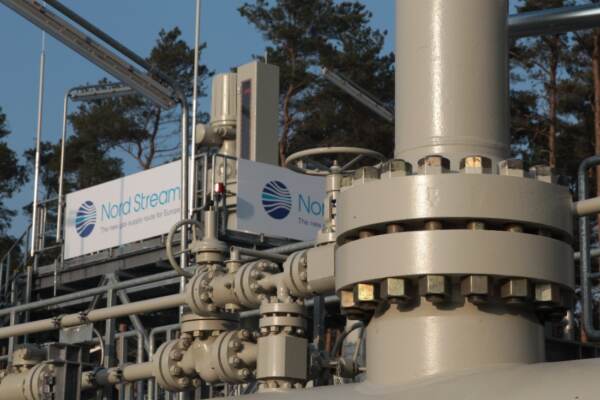Increasing Western Europe's dependence on Russian gas for its energy supply will give Putin more control over EU policy options in the region, especially regarding Ukraine
One thing is clear: Less than two weeks into the new German chancellor’s tenure, the pipeline’s fate is the headache Olaf Scholz didn’t need — and one of the biggest early tests of German leadership in a post-Angela Merkel world. Finished in September after five years of construction, the pipeline is ready to roll. But with Russian troops massing at Ukraine’s border, Scholz is under enormous pressure from European allies to use the pipeline as a cudgel against Putin.
On this side of the Atlantic, Sen. Ted Cruz (R-Tex.) is seeking to pound the nails in the pipeline’s coffin. After holding up key Biden administration ambassador confirmations, he reached a deal with Senate Majority Leader Charles E. Schumer early Saturday to cease his obstructions in exchange for a January vote on tough new sanctions against Nord Stream 2. He will need 60 votes — meaning all Republicans plus 10 Democrats — which is a high bar in the polarized U.S. Senate.
© Copyright LaPresse - Riproduzione Riservata

